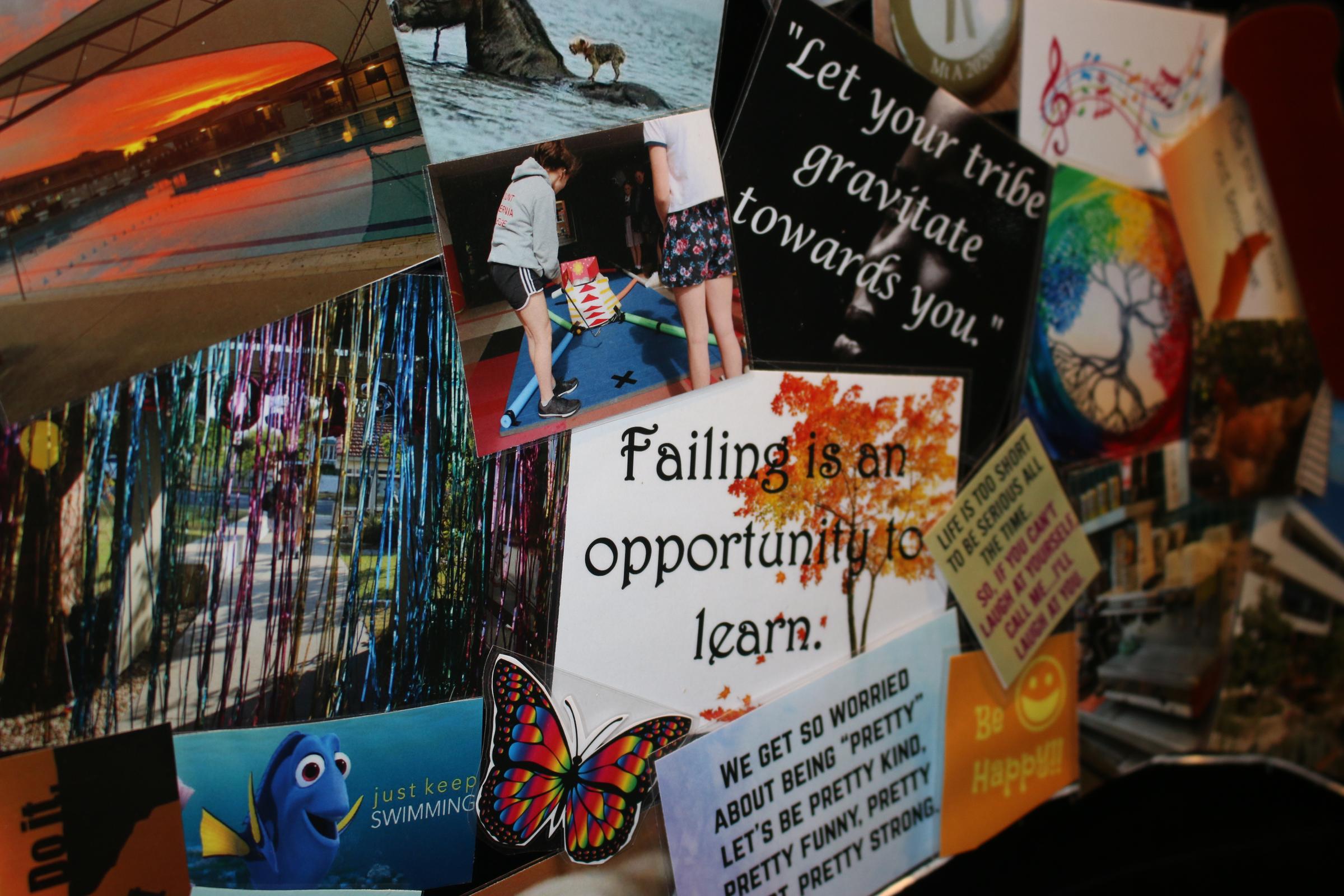Counsellor's Corner

COVID-19: To Fatigue or To Flourish?
In the thick of a lockdown in South East Queensland, it is a really pressing moment to stop and think about COVID fatigue and the impact on youth mental health. It is also an important moment to consider our own mental health. We are all impacted - it is only the degree of the impact that differs.
Whilst the physical effect of the pandemic has, for the most part, spared young people, the nation remains on alert and in various stages of lockdown. Restrictions are mandated, and an ever-changing way of life is the new norm. It is now more uncomfortably ‘close to home’ than it has ever been before. The impact of this changed way of life continues to have a great effect on young people. Adolescents are experiencing the heavy emotional and developmental dilemmas of the uncertainty and unending predicament withwhich this pandemic is synonymous. Distress and despair are playing havoc with people’s psyche, and psychological disorders are on the rise. Assistance for emergency interventions has skyrocketed. Meanwhile, medical and psychological services are strained and, at times, feel inaccessible and unavailable.
As hard as it is being a young person today, it is also noticeably draining to be the parent of one. Parents are experiencing firsthand the difficulties keep their young person’s mental health in check, often proving it is difficult to juggle parenting responsibilities whilst at the same time providing much needed emotional support for their children. This is further compounded by financial hardships and may be acutely felt in households as work commitments and Learning from Home support compete for priority and need.
Unlike the Coronavirus itself, the emotional fallout - both short-term and long-term -of the pandemic cannot be vaccinated away. Psychologists are seeing more depression and anxiety across all age groups, with significant increase of anxiety, eating disorders and body dysmorphia in adolescent females. For some adolescents the pain appears too real, and the only option is to self-medicate using alcohol or other drugs. Others seek to numb the pain through various means of self-harm. As adolescents question their future, they fear what to imagine or envisage.
Whilst we cannot change what is happening, we can consider how we respond to adversity. Thus, the current challenges provide a prime opportunity to be 'in the driver’s seat’ and decide how we each manage these hardships and then how we may move on - whether it is a learned helplessness and sense of failure and constant suffering, or we look with hope and optimism that we have learnt and gained so much about ourselves and our connection to each other through difficult times.
This is a time not to fatigue by COViD-19, but to flourish. It is our individual opportunity and our responsibilities as parents to take charge and demonstrate we can individually and collectively overcome adversity; we can manage our emotions and our frustrations, and we can be a stronger and braver person because of it. Go forth with hope and optimism. Within your power is the gift of joy to cultivate and to offer your young person for, at a time like this, they sure can use it.
Emma Moore
School Psychologist
Please note this information is adapted from the original article provided by the Padua School Counsellors, 14 July 2021

